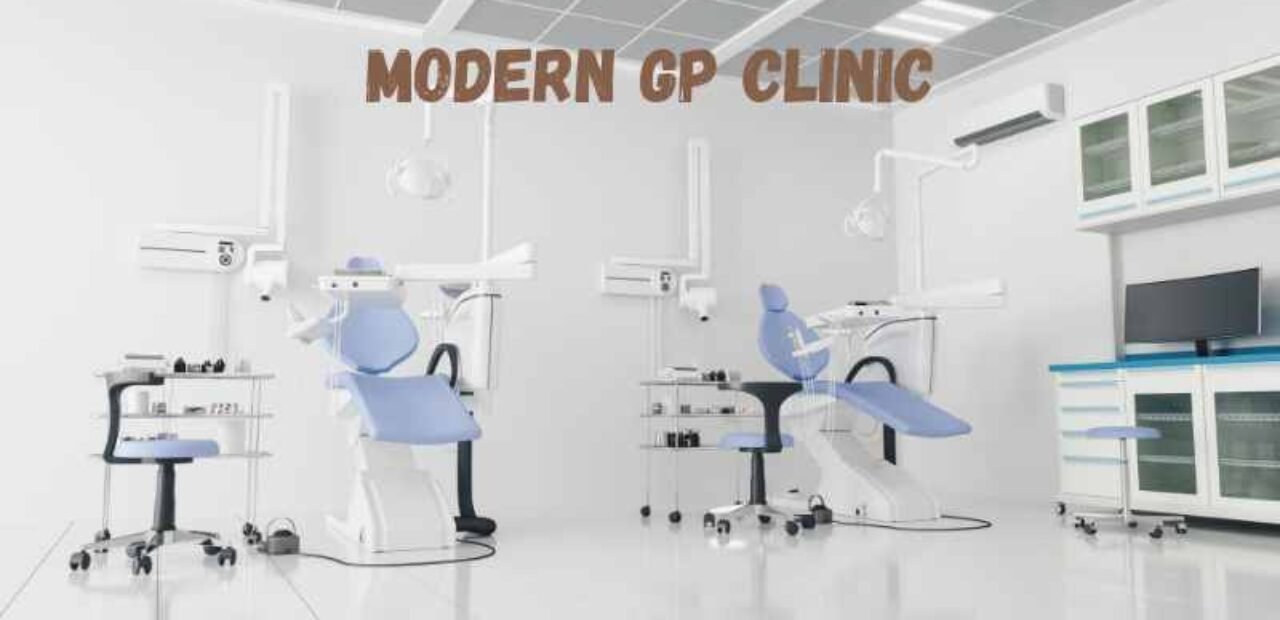Comprehensive Healthcare: What You Can Expect from a Modern GP Clinic
In today’s fast-paced world, reliable and convenient access to healthcare services is essential. Whether you’re managing a long-term condition, dealing with an acute illness, or looking for preventive care, having a trusted medical team to turn to can make all the difference. Many clinics today offer comprehensive healthcare services tailored to meet the diverse needs of their local communities.
A Holistic Approach to Healthcare
Modern clinics often adopt a holistic approach to patient care, ensuring that they don’t just treat isolated symptoms but focus on the patient’s overall well-being. This holistic philosophy is especially important in today’s medical landscape, where patients present with increasingly complex health needs.
Most multidisciplinary teams are made up of general practitioners (GPs), specialists, and allied health professionals who work together to provide tailored care. Whether you’re in need of a routine check-up, a specialist consultation, or diagnostic testing, many clinics provide services that address a wide range of health issues. These services may include:
- General practice consultations for both acute and chronic conditions.
- Health screenings such as blood tests, ultrasound imaging, and sexual health testing.
- Specialist referrals for more complex health concerns.
With the rise of comprehensive services under one roof, patients benefit from a streamlined experience where different aspects of their healthcare can be managed in a single setting.
Why Patients Value Convenience and Personalization
For many patients, the convenience offered by modern clinics is a key factor in choosing their healthcare provider. With extended opening hours, clinics in urban areas like Shoreditch ensure that busy individuals can access medical care outside of regular working hours. Additionally, same-day or next-day appointments for urgent issues provide peace of mind for patients who need timely care without long waits.
Personalized care is another major draw. While larger healthcare providers may feel impersonal, many patients appreciate clinics where doctors and other health professionals take the time to get to know their medical history and lifestyle. Understanding these factors allows healthcare providers to create individualized treatment plans that better meet the needs of each patient.
General Practice: The First Point of Contact
GPs serve as the first point of contact for a wide range of health issues. From minor ailments like colds and infections to chronic conditions such as diabetes and hypertension, general practitioners play a central role in diagnosing and managing various medical concerns.
In Shoreditch and similar areas, GPs place a strong emphasis on preventive care. Preventive measures, such as vaccinations, routine health screenings, and lifestyle advice, help patients stay ahead of potential health issues. By proactively addressing health risks before they become serious, GPs contribute to improving the long-term well-being of their patients.
Diagnostic Services and Health Screenings
Accurate diagnosis is key to effective treatment. Many clinics offer a variety of diagnostic services, including blood tests, ultrasound scans, and health screenings. These tools allow healthcare providers to identify potential issues early on and take proactive steps to manage the patient’s health, preventing more serious conditions from developing.
For example, routine blood tests can reveal early signs of anemia, thyroid disorders, and diabetes, while general ultrasound screening helps identify abnormalities in organs like the liver, kidneys, and reproductive system. Many clinics, like Spital Clinic, use advanced technology to ensure their patients receive the most accurate and timely results possible.
By combining routine diagnostics with specialist referrals when necessary, clinics help patients manage their health more effectively. This comprehensive approach means patients don’t have to navigate different providers or locations to get the care they need.
Conclusion
In today’s healthcare environment, clinics offering a broad spectrum of services, including preventive care, diagnostics, and specialist consultations, are becoming increasingly important. For many individuals, access to such clinics provides not only convenience but also peace of mind that their health is being managed by a dedicated and knowledgeable team.
If you’re looking to choose a healthcare provider, it’s essential to consider factors like the range of services offered, accessibility, and the level of personalized care. A reliable GP clinic will ensure you have easy access to health professionals who are invested in your long-term well-being.
For more information on choosing the right healthcare provider for your needs, refer to the NHS guide to finding a GP or explore resources from the General Medical Council (GMC) on the importance of primary care.





























































